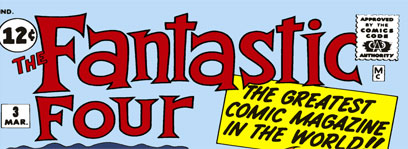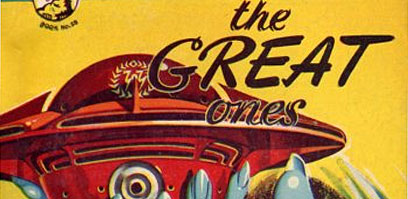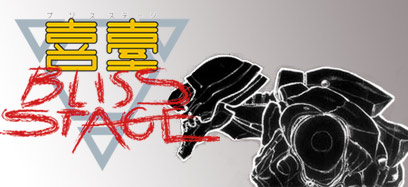
Around about a year ago, I made a post about my enthusiasm for the work of my friends — largely folks interacting through the Forge, though now that community has been largely pushed out of the nest and into the Playcollective, Story Games, the Ashcan Front, the various Go Play events and the like — and how I thought our group of experimenters benefitted from our mutual encouragement and critique for our varying endeavors in a manner as an artistic movement. One of the things I noted in that post was the incredible power of mutual storytelling where, if the technique is properly refined to the situation, the outcome, far from being chaotic and without direction, can actually be much more powerful and affecting than a single vision. To do this, we devise rules of conduct that, if followed, act as creative constraints that everyone uses to synthesize their visions. These rules don’t always work as intended (typically because the designer made assumptions about what the players knew and understood), but sometimes they do. And when they do, they’re awesome.
From that, you can very safely infer this: some games are awesome. Others are less so. The awesome games do a particular thing — communicating with a certain group of people how to do a certain thing that that group wants to do. Most other games are worse at that — they communicate with a different group of people and/or have a different result (and very often, they neither communicate their rules, nor are the rules effective). And, until a player has played another game that claimed a certain thing that doesn’t do it well— say, trying to play Cyberpunk and wanting speculative fiction — that player will most likely not know precisely what they need to do to make it work. And from that, you can infer this: as a class, old games are not as good as new games. Cyberpunk is an inferior tool for making speculative fiction than Shock: is, GURPS is inferior for making character drama than PTA, and D&D is inferior to Dogs in the Vineyard for telling tales of violence as a moral tool.
They are objectively worse because, when they were designed, they didn’t have the reflection on their own long-term existence to draw on, but then claimed that the players could use them for “anything” — including speculative fiction, character drama, and tales of violence-steeped morality. New editions of such games are patches, not new games; when the error is in a core assumption, you’re not going to fix it by tacking on a system or writing a guideline section. Consequently, D&D’s greatest successes have been when it keeps things close to its core assumptions, and D&D 3+ is a refinement of its character-building-treasure-hunting seems to be just fantastic. But it sure is frustrating to try to use it for Narrativist purposes, as is often done. But the players frustrated with Narrativist play in D&D have paid attention and have written new games that do what they want.
That’s not to say that any given new game is better than a given old game, just like a given new car isn’t better than a given old car, or a given new hammer is better than a given old hammer, but what the new tools lose to the chaos of experiment, the old game never has a chance to even try— assuming it’s stood the test of time in the first place and it wasn’t lost to the same chaos. The design of a new game, like the design of any tool, is a process that starts with critique of the tools from which it evolved.
If you’re unsatisfied with a game you’re playing, figure out where your play falls short from the assumptions up and make what you want. There’s propbably someone else out there who wants what you want. I bet they’d pay to learn how you figured out how to solve that. Maybe they’ll like what you did, but think they can do it better. That’s the way a technology evolves.
And if you are satisfied and enthusiastic about the games you’re playing, awesome.








